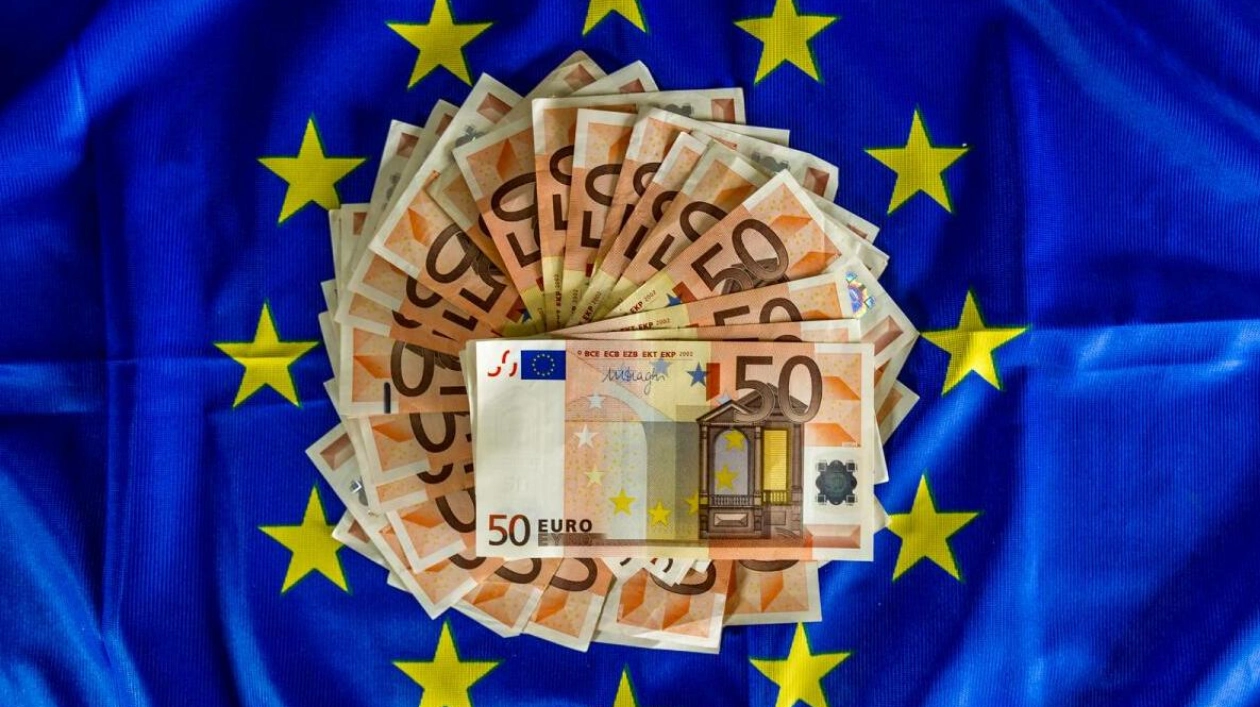On Wednesday, the dollar weakened against its major counterparts, boosting the euro to an eight-month high. This development followed the release of the US consumer price index, which indicated a decline in inflation, reinforcing the belief that the Federal Reserve is close to cutting interest rates. The US CPI showed a modest increase in July, with the annual inflation rate dropping below 3% for the first time since early 2021, fueling expectations of a rate cut next month, albeit possibly less aggressive than anticipated by the markets. The report, coupled with a slight rise in producer prices in July, suggests that inflation is trending downward, allowing the Fed to concentrate more on the labor market amidst growing concerns about a sharp economic slowdown.
"Today's CPI supports the Fed's achievement of its 2.8% PCE target by the end of this year, backing a rate cut in September, but potentially more moderate than market expectations over the past week," commented Marvin Loh, senior global macro strategist at State Street. "I believe we are seeing a trend of a weaker dollar, as the dollar remains overweighted in investor positions."
The euro climbed 0.4% against the dollar to $1.1031, reaching a level not seen since January 2, while the dollar index slipped 0.2% to 102.4. Traders had anticipated a rate cut in September prior to the producer price data release, and increased their bets for a 50 basis-point cut to 56% from 53% the previous day, according to CME Group's FedWatch Tool.
Sterling did not benefit from the weaker dollar and fell 0.02% to $1.2854, following data that showed British consumer price inflation rose less than expected in July, with services prices, closely monitored by the Bank of England, increasing at a slower pace. The pound also weakened against the euro, which rose 0.4% to 85.84 pence. Financial markets now see a 44% chance of a quarter-point Bank of England rate cut in September, up from 36% before the data release.
The kiwi declined 0.91% to 0.6022 after the Reserve Bank of New Zealand cut its cash rate by a quarter point, marking its first easing since early 2020 and coming earlier than projected. Meanwhile, Japanese Prime Minister Fumio Kishida's decision not to run for re-election in his party's leadership race next month had minimal impact on markets, according to analysts.
The yen was trading at 146.7 against the dollar. "Evidence continues to mount that high inflation is receding, paving the way for aggressive monetary easing globally over the next year," noted Matt Weller, head of market research at StoneX. "With EUR/USD poised for its highest close of the year and the US Dollar Index breaking down, the greenback may continue to face pressure."






